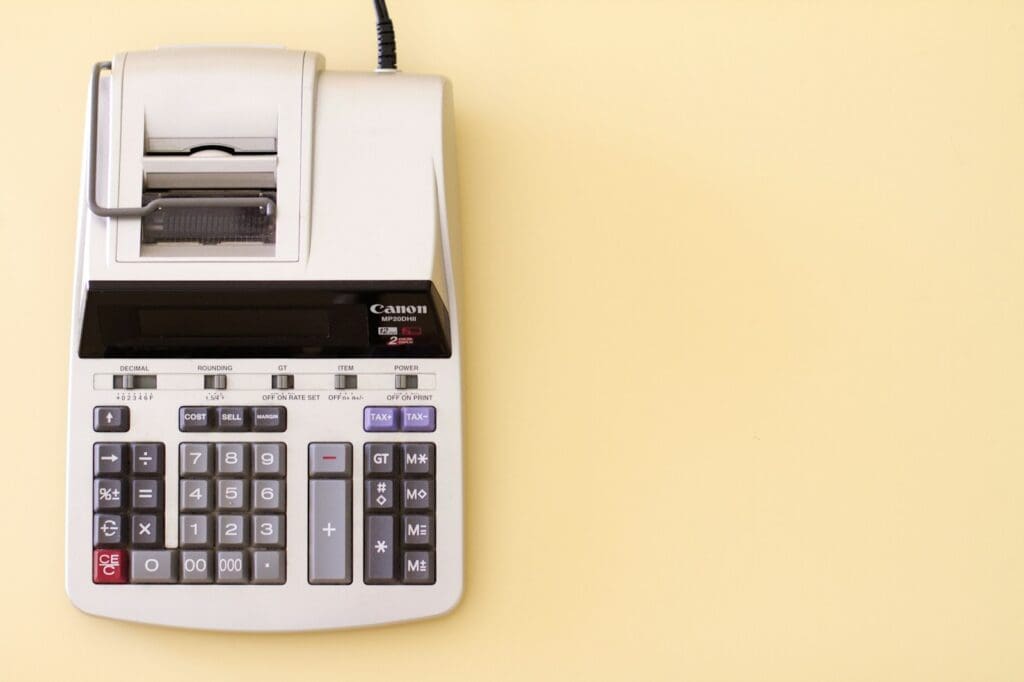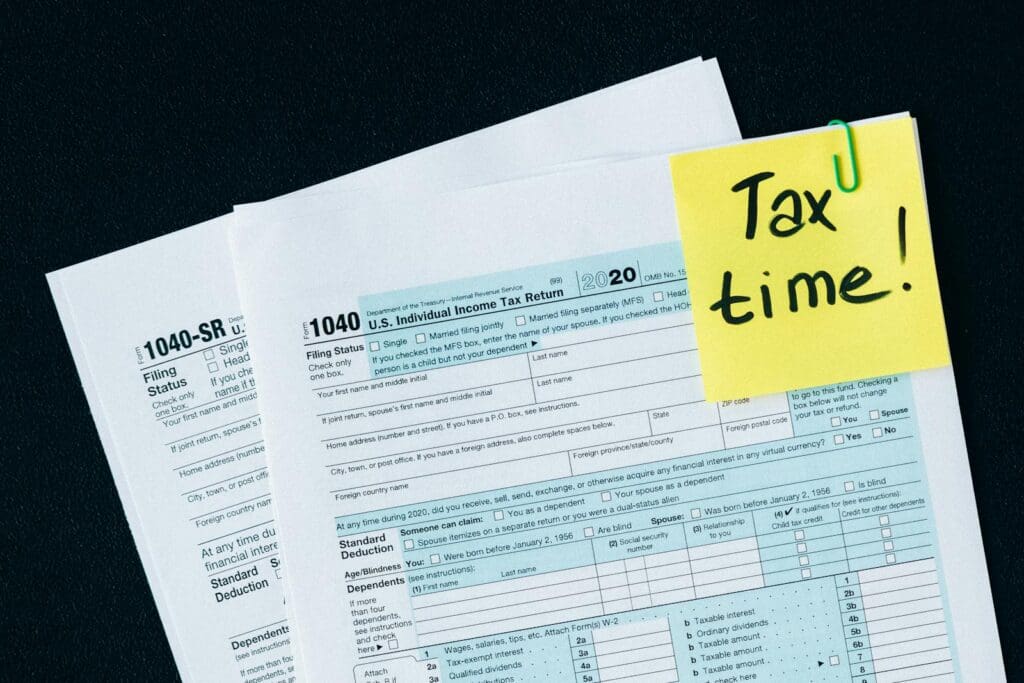Everyone wants to have enough money to retire. But there are some serious money myths out there misguiding people about retirement. Here are 10 to avoid.
Fewer Taxes Will Be Paid During Retirement

Your tax bracket must be lower when you retire, right? Wrong! This is not always the case. Sometimes there are complexities with your taxes after you retire as well. If you have a 401(k) or an IRA, when you start taking money from them, you will owe taxes on that money. Just because your income is different, doesn’t necessarily mean your taxes will be different.
Your Expenses Will Decrease During Retirement

Just because you aren’t making any new money, doesn’t mean that your expenses will go down. Sometimes people want to keep the same lifestyle they had before retirement, which means they are spending just as much as they were before. Also, unexpected expenses can occur, which can also cause you to spend more money than anticipated.
Stay in the Lowest Tax Bracket Possible

Staying in the lowest tax bracket possible might not always be a good idea. Some years you may need to pay more taxes, which could mean in other years you pay less taxes. It is better to think about taxes in multiyear terms and not just what is good for one year. Paying more now might mean paying less later.
Take Social Security at Your Full Retirement Age

Social Security is a great thing to have, but you don’t necessarily get more money if you wait until your full retirement age to use it. Social Security is meant to be a modest amount and should not be what you solely live on. It is best to go to a financial advisor and have them help you decide at what age you should be pulling from your Social Security benefits.
Social Security Can’t Be Taxed

I hate to break it to you, but your Social Security benefits will probably be taxed. This happens especially if you have other sources of income. Social Security and whatever other source of income you have will be merged together, which will probably result in taxes.
Once a Withdrawal Rate Is Chosen, That’s It

Once you choose a withdrawal rate, that doesn’t mean you can’t change it. Your withdrawal rate is not written in stone and things might happen that may require you to change it. This is something that can be changed in the future — you aren’t just stuck with the first rate you pick.
There Is No Control Over Your Required Minimum Distribution Amounts

Since this list is full of myths, then you probably figured there is control over your Required Minimum Distribution amounts. But first, let’s go over what Required Minimum Distributions (RMDs) are. RMDs are the minimum amounts that IRA and retirement plan account owners must withdraw when they turn 72 (the age varies on what year and date you turn 72, so make sure you check with the IRS about that). The best way to have control over your RMDs is to work with a tax advisor and make a plan.
Medicare Covers All of Your Healthcare Costs

Medicare is there to help you with some of your medical costs, but it won’t cover everything. You might even need to get supplemental health insurance to help with some of the costs that Medicare doesn’t cover. And with any health insurance, Medicare also has co-pays and deductibles, so you will be spending some money out of pocket.
Read More: 10 Money Myths Most Likely to Sabotage Your Finances
You Will Live in the Same Place Throughout Retirement

There is the myth that by the time you retire your mortgage will be paid off and you will stay in the same house until you die. However, that is not always the case! Sometimes you live far away from loved ones and want to move closer. Or you might need a little more help and need to move to an Assisted Living home.
Read More: 20 Tips for a Happy Retirement
It’s Okay To Wait To Save for Retirement

You should be saving for retirement starting in your 20s. If you wait to start saving, you might hit some road bumps in the future when you are retired. It is best to start sooner rather than later!
Read More: 20 Tips for Early Retirement








